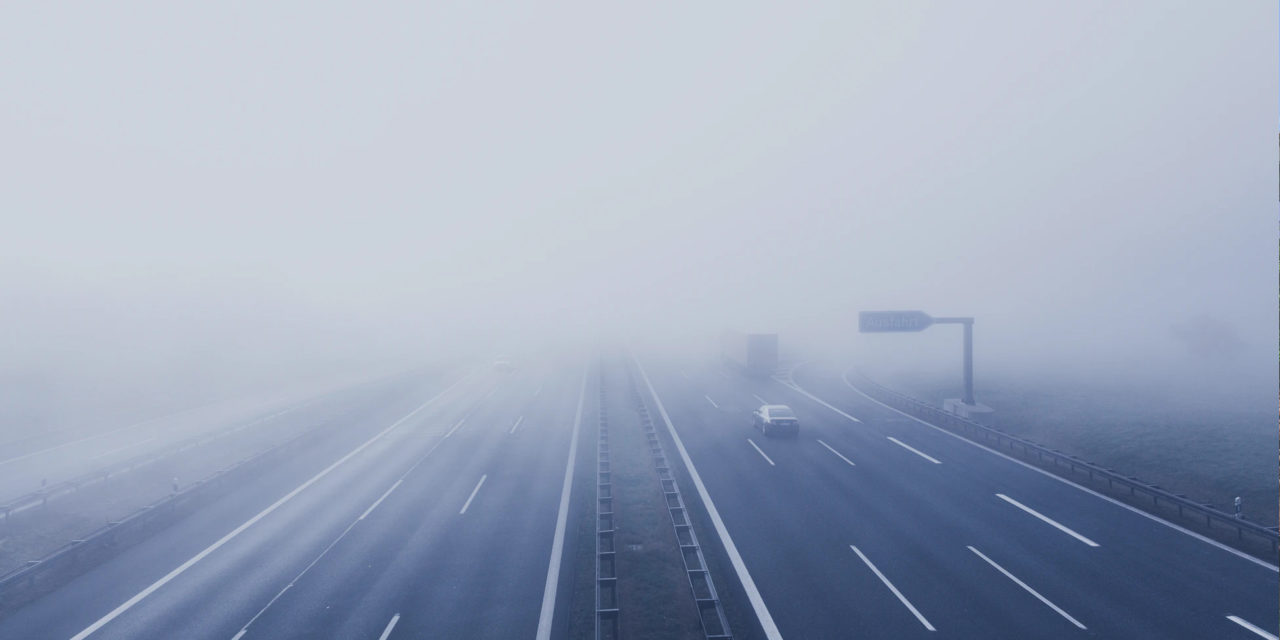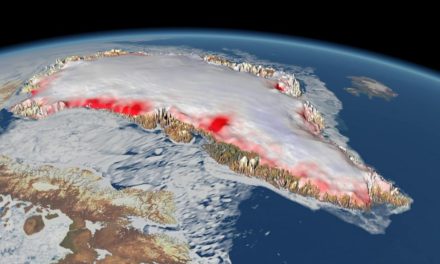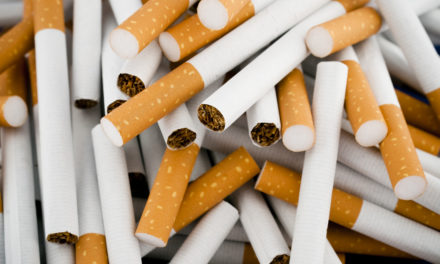A new proposal introduced by the Dutch government this week will aim to tackle high emissions by reducing the speed limit on highways. This will mean that motorists will have to abide by a strict day-time speed limit of 62mph, reduced from its current 80mph. However, between 7 pm and 6 am, the limit will remain the same.
The package is expected to go into effect as soon as possible and when introduced will be one of the lowest in Europe. Alongside the speed-limit, the proposal will aim to reduce the amount of nitrogen pollution and introduce processes to confront emissions from agriculture and changes to livestock feed. The decision comes after months of disruptive protests by farmers who believe the government was unfairly blaming them for climate change.
On his Facebook account, Dutch Prime Minister Mark Rutte said the new limit was a ‘rotten measure’ but incredibly necessary to protect jobs and builders.
Climate change is a particularly pressing issue in the Netherlands due to much of the territory resting below sea level. The country is also one of the highest polluting nations in Europe with higher CO2 emissions and a lower use of sustainable energy than almost everywhere else in the European Union. While the Netherlands has attempted to introduce stringent climate change policies, it hasn’t fared well.
Two government reports recently published revealed that much of the climate targets set by the government were on schedule to fail. This included reducing carbon emissions by less than 25% than they were in 1990 by 2030. Additionally, the National Climate Agreement to cut greenhouse gases in 2030 by 49% compared to 1990 will also not be met.
The Netherlands Nitrogen Problem
Nitrogen oxide pollution has quickly become a leading crisis in the country. The problem has even made its way to the country’s highest administrative court earlier this year which ruled that granting construction permits and farming activities that emit high levels of nitrogen breaches EU legislation. The government has since put thousands of infrastructural developments on hold, including the construction of new homes and the opening of a new airport.
Nitrogen pollution is a specific problem in the Netherlands because of how it affects plants and animals. The country is the second largest exporter of food and agricultural products – after the US – and relies greatly on its farming sector.
While it seems like the Netherlands may finally be taking this issue seriously, there are other concerns amongst environmentalists. The Dutch Grand Prix, which had its last race in 1985, may be returning next year despite the level of emissions that may be emitted from construction to extend the circuit and from the race itself.
Read more: New Zealand Passes Bill to be Carbon Neutral by 2050 – But There is a Catch
- This Artist is Making the Underwater Arena His Canvas - 28th April 2021
- A Video Game that Promotes Peace and Conflict Resolution - 15th March 2021
- Netflix’s ‘Living Undocumented’ is a Difficult Series to Watch, and Exactly Why We Should - 9th March 2021






